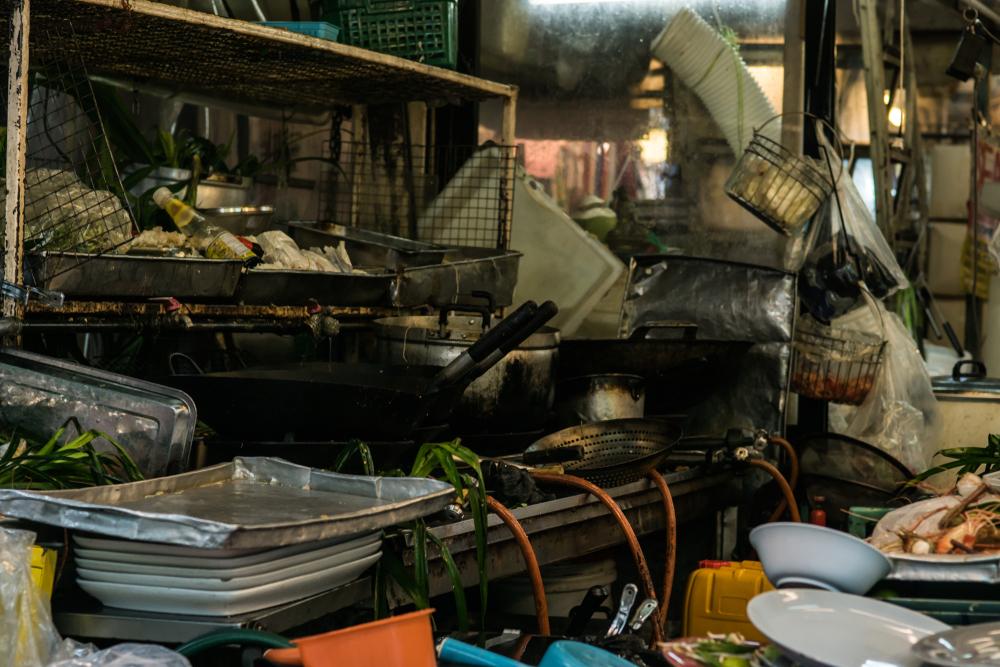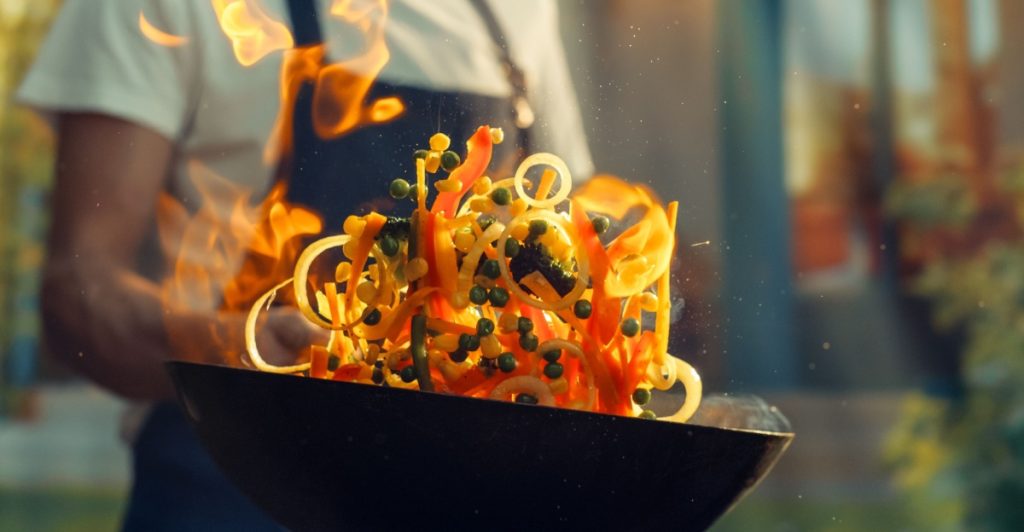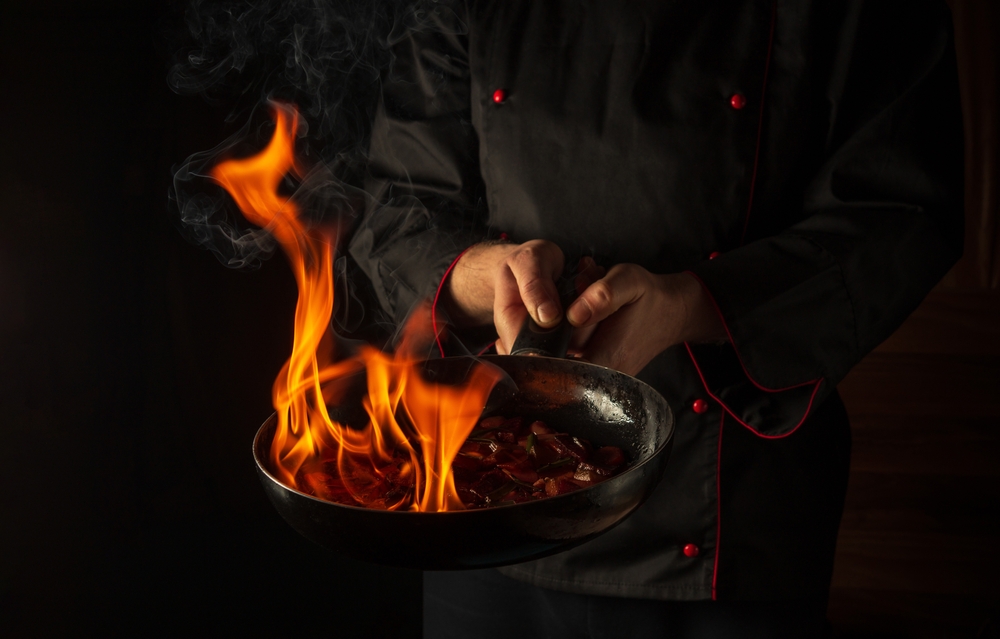France invented the polished fine dining model that inspired kitchens worldwide. But beneath the glamour of Michelin stars lies a history of abusive kitchen cultures.
Others are reading now
Journalist Nora Bouazzouni, a leading whistleblower, says each awards season sparks fresh outrage from hospitality workers forced to watch abusive chefs celebrated as industry heroes.
Whistleblower Lifts the Lid on Kitchen Abuse

Since 2017, Bouazzouni has reported on toxic kitchens in France, but her 2024 book Violence in the Kitchen brought the full scale of abuse into public view.
She collected testimonies detailing chefs throwing pans, burning staff, sexually harassing women, racially abusing colleagues, and even committing rape.
Dehumanisation at the Heart of the Problem

Bouazzouni says the most shocking accounts show how staff are stripped of dignity so they can be exploited. “By dehumanizing people in the kitchen, they can be exploited,” she explains.
Few emerge from these workplaces unscathed, regardless of gender, race, or rank.
Also read
The Escoffier System — Brilliant and Brutal

Many blame the rigid “brigade” structure devised by legendary chef Auguste Escoffier in the late 19th century. Inspired by the military, it enforces strict hierarchies from chef de cuisine down to trainees.
Revered for its precision, the system also shields abusive leaders from accountability and has been exported worldwide.
Exporting a Toxic Model

International chefs who train in France often carry the brigade culture back home, embedding its harshness in restaurants from Sydney to San Francisco. “It’s a vicious cycle,” says Bouazzouni, one that’s hard to dismantle after a century of replication.
Could Open Kitchens Be the Answer?

A 2021 Cardiff University study suggests physical kitchen design matters. Fine dining’s closed, hidden spaces create “a different moral universe” where normal rules don’t apply.
Open kitchens, the researchers argue, might help reduce bullying, violence, and unchecked aggression.
Also read
Celebrity Chefs and a Code of Silence

France’s celebrity chef culture has long discouraged victims from speaking out.
Media profiles, TV shows, and documentaries often portray top chefs as untouchable geniuses, reinforcing myths about French gastronomy while ignoring the harm behind the scenes.
The Great Resignation Hits French Hospitality

Like much of the world, France is facing a post-pandemic labour crisis, with 300,000 hospitality roles unfilled.
While new restaurants keep opening, many more close for good. Thierry Marx, a Michelin-starred chef, says the brigade system has its merits but admits leadership skills are sorely lacking in the industry.
Fighting Back: Training, Prevention, and Support

Grassroots efforts are emerging. Bondir.e, a nonprofit founded by female chefs, runs violence-prevention seminars in hospitality schools, offers a victim helpline, and promotes healthy communication and management training.
Also read
The goal: reach young trainees, some as young as 15 before harmful norms take root.
New Models for a Safer Kitchen

Chef Manon Fleury’s Michelin-starred Datil in Paris offers a glimpse of change. Closed on weekends, female-led, and built on a code of conduct, it prioritizes collaboration, respect, and leadership training.
“Bad management is a fear reflex,” says Marx. “Falling on the most fragile, that doesn’t work anymore.”


